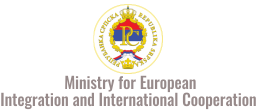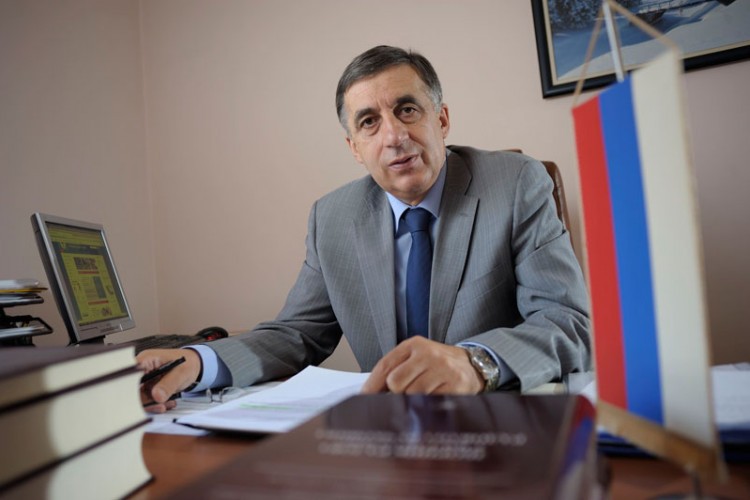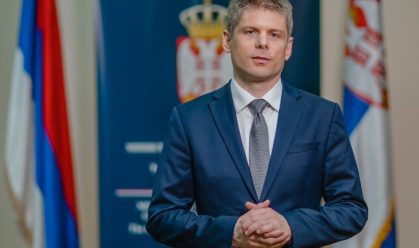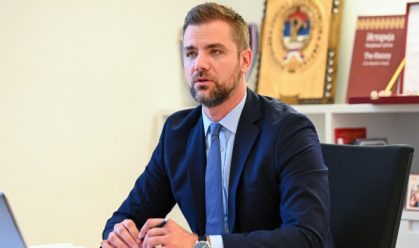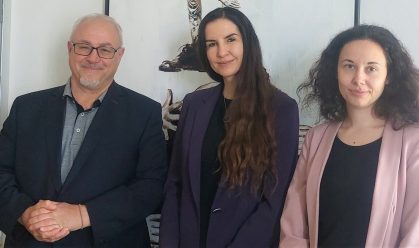Cooperation between the Republic of Srpska and Serbia has always been what its people deserve, and in the last eight years it has reached the highest level, as will be manifested during the event Days of Srpska in Serbia, to be held from 22 to 29 September.
The Head of the Republic of Srpska Representation in Serbia, Mlađen Cicović, said that for Glas Srpske, reminding that this event had been going on since 2013, and that this year it would return to the previous organization model.
– This year’s concept of the event, in compliance with the measures imposed by the pandemic, is designed to connect most directly the cities and municipalities of Srpska and Serbia that have signed agreements on cooperation and twinning. Thus, the abundant content and program will be presented in 11 cities and municipalities throughout Serbia – Cicović noted.
The ceremonial opening of the event will take place on 22 September in Belgrade, and then, as he says, it will move to Kruševac, Kralјevo, Kikinda, Zrenjanin, Sečanj, Šid, Niš, Kragujevac, Subotica and Novi Sad, where the ceremonial closing is planned for 29 September. The highest officials from both sides of the Drina are expected at the event, and Srpska’s potentials in economy, tourism, culture will be promoted, including an overview of the political, economic and all other cooperation between the two countries.
GLAS: To what extent are good political relations between the Republic of Srpska and Serbia followed by economic cooperation?
CICOVIĆ: The Republic of Srpska and Serbia define jointly all strategic projects, from infrastructure, energy, gasification. Here, first of all, I mean the construction of the Belgrade-Banja Luka highway and the Belgrade-Sarajevo highway, then the construction of hydropower plants on the Drina River, gasification in the RS. These are all joint projects with investments from Serbia. A special feature of this cooperation is the fact that there has never been more concrete help from Serbia to Srpska than now. There is no city or municipality in Srpska in which some of the projects are not financed from Serbia. Serbia has not forgotten the municipalities in the FBiH with majority Serb population either, such as Drvar, Petrovac, etc.
GLAS: You often point out that strict observance of the Dayton Agreement is the only way for BiH to survive. However, many disagree with that assessment. How do you comment that?
CICOVIĆ: There is no explanation or argument if someone says that a state can have a future without respecting the Constitution and the legal and political order. The Republic of Srpska always points out that BiH has a future if we consistently apply the Dayton Peace Agreement and its Annex 4, that is, the BiH Constitution. I do not understand how anyone can think that we can have a future in BiH other than as a result of an agreement between the three constituent peoples and the two entities, and all in accordance with the Dayton Peace Agreement and the Constitution. Everything that happened to BiH in the meantime by the imposition of laws by High Representatives has taken BiH in the wrong direction. No imposed solution was in the interest of BiH’s future.
GLAS: You recently participated in the public discussion on Deconstruction of the myths on coexistence in Sarajevo and the Srebrenica genocide. What was the message?
CICOVIĆ: At a 2019 session, the Government of Srpska passed two historical documents – decisions on the appointment of independent international commissions to investigate the suffering of Serbs in Sarajevo in the period from 1991 to 1995 and to investigate the suffering of all peoples in the Srebrenica region in the period from 1992 to 1995. The discussion was organized to make these two reports as accessible as possible to the general public, as well as to enable hearing the opinions of people who are completely independent, and who have pledged their careers for something called the truth. The message we sent is that the most important thing is for the profession to establish the truth, because there is always only one historical truth. We must leave it to the profession to establish the historical truth. We must let historians, lawyers and judicial bodies deal with the past, and we must turn to the future and work on building systems in our states, as well as on regional cooperation, because alone and isolated we certainly have no future.
Projects
GLAS: Can new joint projects be expected?
CICOVIĆ: What is important is that now there are funds planned for us by the budget of Serbia, both as assistance and for specific investments in Srpska, so it is realistic to expect new projects.
Source and photo: Glas Srpske

